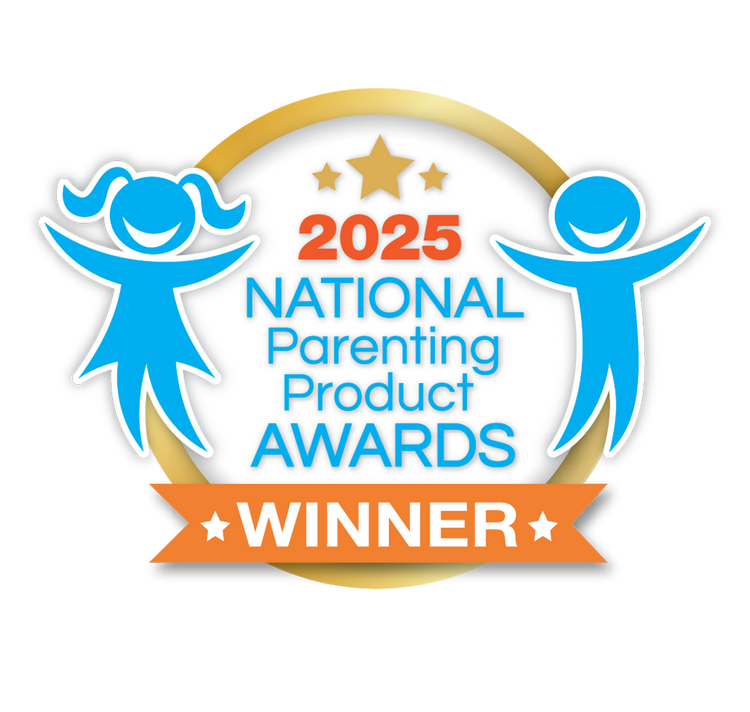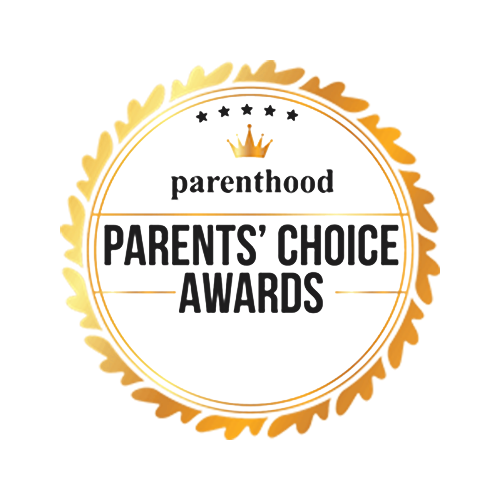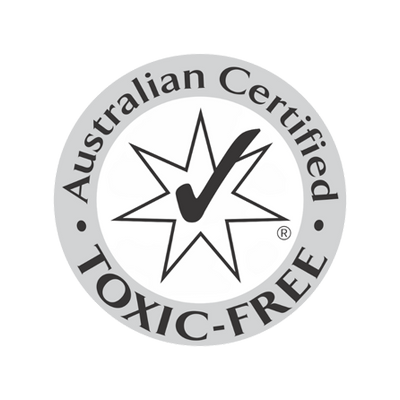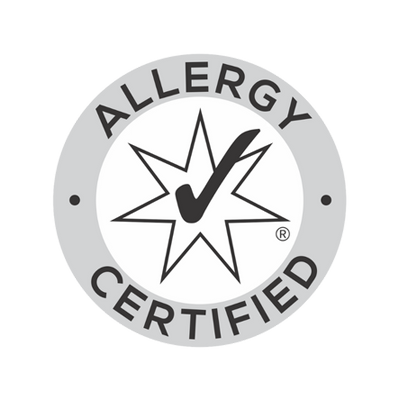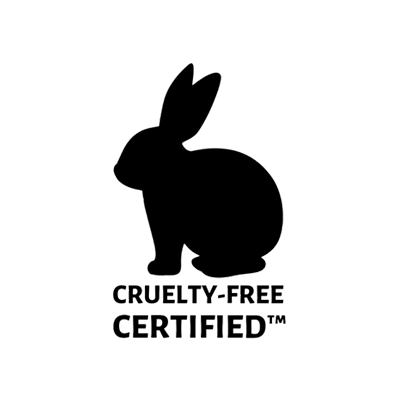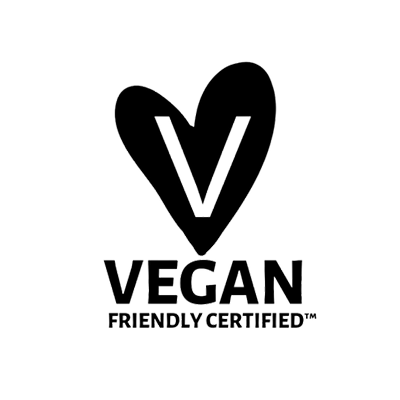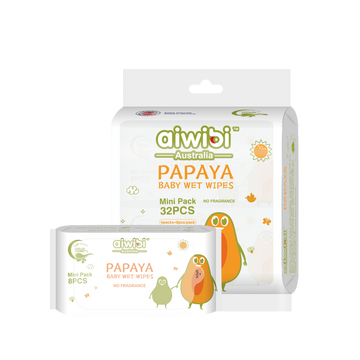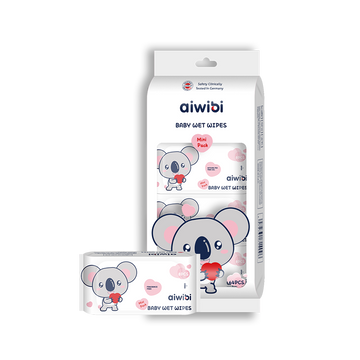
Curated Collection
Air Comfort Disposable Baby Nappies
Ultimate Comfort Disposable Overnight Nappies
Ultimate Comfort Night Nappy Pants
Royal Comfort Baby Nappy Pants

Made To Protect Little Dreams
Our premium nappies are designed to move with your baby, keeping you baby comfortable longer with more peaceful nights and playful days. Our Premium diapers are designed with breathable, ultra-soft materials and trusted leak protection keeping your baby’s delicate skin dry and comfortable.
Free to Move, Made Simple
Engineered for active explorers, Aiwibi nappy pants combine freedom of movement with trusted dryness. The flexible waistband moves with your baby’s every step, while rapid-absorb layers prevent sagging—keeping playtime comfortable and uninterrupted.

Premium Features

Dual Absorbent Core™
Our Dual-layer absorbent tech in our premium diapers allows up to 2,000ml of water absorption. That’s 8 full cups of water keeping your baby protected overnight and throughout the day.

Ultra-thin Core™
0.1cm Naked-feel Core delivers ultra-thin comfort with rapid absorption, thanks to its innovative honeycomb structure and Japanese SAP technology.

Soft Bubble Waistband™
Our innovative 360° Soft Bubble Waistband™ prevents red marks while providing a snug and comfortable fit that adapts to your baby’s movements.

Gentle Care
Made from natural plant fibers, ensuring a gentle, non-irritating experience for baby's sensitive skin, with 0% fragrance, alcohol, and parabens.
Honors & Certifications
Blog Posts
Australia's Top 100 Baby Names 2025
Choosing a baby name is one of the most exciting parts of preparing for a new arrival. Each year, naming trends evolve, reflecting cultural influences, generational shifts, and parents’ desire for both meaning and individuality. According to the Baby Names Australia Report 2025 by McCrindle, classic favourites continue to dominate, while softer, shorter, and nickname-style names are steadily rising in popularity across Australia. I have put together an imagery based on the top 5 baby boy and girl names in Australia if you’re only interested in the top names. Other than that, the rest of the top 100 baby names for both boys and girls in Australia are below. Below are the full Top 100 baby names for boys and girls in Australia for 2025, as per cited from McCrindle Baby Names Australia Report 2025. Top 100 Boys Names # Name 1 Oliver 2 Noah 3 Theodore 4 Henry 5 Luca 6 Leo 7 Hudson 8 Charlie 9 Jack 10 William 11 Levi 12 Elijah 13 Lucas 14 Thomas 15 Archie 16 Oscar 17 Harvey 18 James 19 Arthur 20 Kai 21 George 22 Alexander 23 Liam 24 Harrison 25 Archer 26 Hugo 27 Sebastian 28 Harry 29 Beau 30 Arlo 31 Max 32 Isaac 33 Cooper 34 Xavier 35 Ethan 36 Lachlan 37 Austin 38 Muhammad 39 Mason 40 Hunter 41 Theo 42 Edward 43 Finn 44 Louis 45 Sonny 46 Samuel 47 Ezra 48 Eli 49 Patrick 50 Benjamin 51 Jasper 52 Miles 53 Luka 54 Jude 55 Riley 56 Angus 57 Lincoln 58 Jordan 59 Billy 60 Jacob 61 Gabriel 62 Felix 63 Bodhi 64 Carter 65 Joseph 66 Jackson 67 Parker 68 Darcy 69 Spencer 70 Myles 71 Louie 72 Ryan 73 Roman 74 Leon 75 Asher 76 Flynn 77 Jayden 78 Logan 79 Elias 80 Daniel 81 Vincent 82 River 83 Remy 84 Ali 85 Koa 86 Adam 87 Fletcher 88 Joshua 89 Grayson 90 Aiden 91 Isaiah 92 Tommy 93 Alfie 94 Finley 95 Julian 96 Caleb 97 Leonardo 98 Lennox 99 Rory 100 Maverick Top 100 Girls Names # Name 1 Charlotte 2 Olivia 3 Amelia 4 Mia 5 Ava 6 Chloe 7 Isla 8 Grace 9 Sophie 10 Ella 11 Lily 12 Harper 13 Ivy 14 Matilda 15 Hazel 16 Willow 17 Evelyn 18 Isabella 19 Violet 20 Florence 21 Audrey 22 Sophia 23 Millie 24 Maeve 25 Eleanor 26 Zoe 27 Ellie 28 Elsie 29 Evie 30 Aria 31 Layla 32 Billie 33 Poppy 34 Luna 35 Penelope 36 Aurora 37 Freya 38 Maya 39 Remi 40 Ayla 41 Eloise 42 Georgia 43 Bonnie 44 Mackenzie 45 Zara 46 Sadie 47 Scarlett 48 Emilia 49 Isabelle 50 Frankie 51 Eden 52 Abigail 53 Emily 54 Hannah 55 Olive 56 Alice 57 Harriet 58 Delilah 59 Lola 60 Summer 61 Stella 62 Rosie 63 Eliana 64 Maisie 65 Phoebe 66 Margot 67 Nora 68 Hallie 69 Pippa 70 Imogen 71 Adeline 72 Elizabeth 73 Emma 74 Eva 75 Lottie 76 Savannah 77 Maggie 78 Rose 79 Kaia 80 Bella 81 Addison 82 Lyla 83 Jasmine 84 Charlie 85 Elodie 86 Amara 87 Claire 88 Lainey 89 Piper 90 Thea 91 Skye 92 Clara 93 Mila 94 Heidi 95 Maddy 96 Lola 97 Luna 98 Ruby 99 Sienna 100 Aaliyah Source: McCrindle Research – Baby Names Australia Report 2025 Reference: https://mccrindle.com.au/article/topic/generation-alpha/generation-alpha-defined/ Reference: https://mccrindle.com.au/resource/report/baby-names-report-2025/
view moreBaby Modelling in Australia / New Zealand
Getting your baby started into modelling can be difficult when you’re unsure of what to do. Aiwibi has worked with many different talent agents before and we would like to help you clear some of the barriers along the way to helping you sign into an agency. One of the biggest barriers is learning to become creative with submitting your baby photos. It’s important to learn what kind of style you can bring into the table when submitting an application to agencies. Child modelling agencies work off videos or great photos you can supply them so it's important to take great photos that highlight your baby’s charm. However, also be aware, some agencies have taken advantage of this by charging high fees to photograph your little one and prepping their portfolio. It is important to note, most reputable agencies do not charge exorbitant fees. You should learn to ask the right questions, such as agent’s fees and commissions prior to signing any contract or paying any huge fees. At the end of the day, it’s about doing your research. To assist you with finding baby modelling agencies, we have listed some agencies based in Australia and New Zealand below. Note: Aiwibi is unable to endorse or accept responsibility for the accuracy of information contained in the websites listed. Australia Bambini Models NSW & QLD Australia’s biggest children’s modelling agency, representing talent aged 3 months and over. Trusted by major retailers, national brands and top magazines. Munchkins - Syd/Mel/Bri/Per The agency works with everyone from babies to teens—and even families. Munchkins’ kids appear in TV ads, catalogues, movies as extras, stage shows, event promotions and fashion parades. Mostly Kids - National Mostly Kids connects babies and children with work in TV commercials, catalogues, fashion shows, and stage performances. To register your baby, parents can submit an online application with recent photos. Bettina Management - VIC, NS, WA, QLD Bettina Management discovers and represents babies and kids for advertising, events, and entertainment projects. Parents can sign up by filling out an online application or arranging an in-person interview. Brats Model Management - NSW, QLD & VIC Brats Model Management provides opportunities for babies and children in modelling, commercials, and promotional work. Parents can apply online or download a registration form to submit their baby’s details and photos. Bubblegum Casting - VIC A long-running child modelling & acting agency (infants to teens) that includes a baby-modelling division. They have a diverse range of kids and only take limited kids from different cultures and backgrounds/styles. Bump Models - NSW Bump Models specifically targets maternity modelling for fashion, advertising, film and medical campaigns. This is your go-to for any modelling while you’re still in maternity. Screen Actors Australia - VIC Starting from 3 years and above, they lead acting classes for kids focussing on acting for film and Television. Small Fry Modelling and Casting Agency - VIC Based in Victoria, they have a huge range of babies, kids and teens leading for drama and as a talent agency. Bambini Talent Group - AU National child modelling & talent agency representing children from infancy upward; active on Instagram. The Unicorn Kids - NSW Boutique kids modelling and talent agency (babies, children, twins) focused on Sydney/Melbourne region. New Zealand NZ Talent NZ’s oldest talent agency. They have talents ranging from adults to children on all avenues of theatres, acting, television. To apply, email them at info@nzactiontalent.com once your profile is complete to book a video phone interview. KAM Talent - New Zealand Auckland-based talent agency representing all looks and ethnicities, junior and adult, in NZ. Bubblegum Talent (NZ) NZ branch of a well-known agency: supplies models (including children) for advertising, film & photo work. The Human Garden New Zealand’s most versatile actors and talent agency with a deep understanding of film, television and live theatre. Background talent - NZ Online-based talent booking agency casts for commercials, film and TV work. Parents Concerns over Agency Operations Parents often want to know what type of work babies are typically booked for and how a kids modelling agency actually operates. Most baby jobs fall into a few main categories such as clothing modelling, accessories modelling, product modelling, and campaigns featuring real families, including mother and child or father and child pairings. Agencies usually place babies under a child division, where they shortlist suitable children based on age, look and brief requirements. Common concerns include how submissions work, what a normal casting or shoot day looks like, and how often work might come up. Agencies generally contact parents only when a client is interested, and bookings depend heavily on timing and match—not on constant availability. Parents also want to know about safety, travel expectations, and whether their child needs professional photos (they don’t—natural pictures are standard). Recap and More: Things to consider when Applying to Agencies Getting started in baby modelling is much easier when you focus on the essentials: begin with simple, natural photos—agencies prefer clear, recent images without filters or professional editing. Choose reputable agencies that don’t charge large upfront fees, and always check community reviews or parent groups for real experiences before committing. Keep expectations realistic, as bookings depend on timing, age, location and a client’s specific needs. Make sure your child’s privacy is protected by working only with agencies that handle data securely. Most importantly, stay patient and enjoy the journey—every child’s experience is different, and whether your baby books one job or none at all, it’s all a normal part of the process.
view moreAiwibi Australia Receives Three Prestigious Awards from baby Maternity Magazine 2025
We are proud to announce that Aiwibi Australia has graced the pages of the print edition of Baby Maternity Magazine and won three major awards from this publication—one of the most trusted in the baby and parenting industry. The awards include: 2025 Eco-Friendly Product of the Year Award 2025 Top Choice of the Year Award 2025 Travel Product of the Year Award Baby Maternity Magazine’s annual awards program is based on real feedback from parents and industry experts, recognizing baby brands that deliver exceptional product quality, safety, and reliability. With these achievements,Aiwibi continues to strengthen its reputation as a premium baby care brand trusted by parents around the world. Since day one, we’ve set out to redefine baby care by listening closely to what families need. Every product, every design, and every initiative at aiwibi Australia stems from a desire to make parenting a little easier, a little more joyful, and a lot more sustainable. "These awards mean more than just an honor—it’s a reminder of why we do what we do,” says our Founder. “We’re here to support families with products they can trust, and this recognition pushes us to keep raising the bar. Thank you to baby Maternity Magazine and, most importantly, to the families who’ve welcomed aiwibi into their lives.” As we celebrate this milestone, we’re more inspired than ever to keep evolving. Stay tuned—we’re just getting started on bringing you even better, more thoughtful baby care solutions. At aiwibi, your family’s well-being is always at the heart of what we do. For more information, visit www.aiwibi.au.
view more












